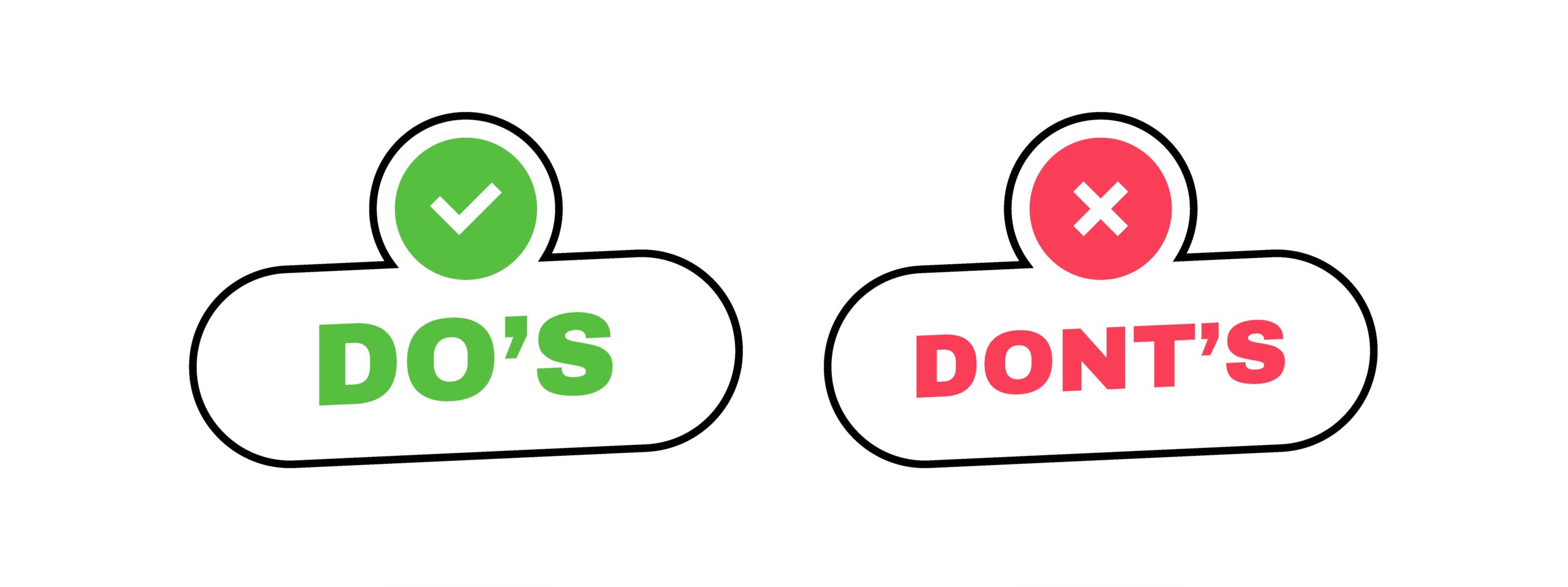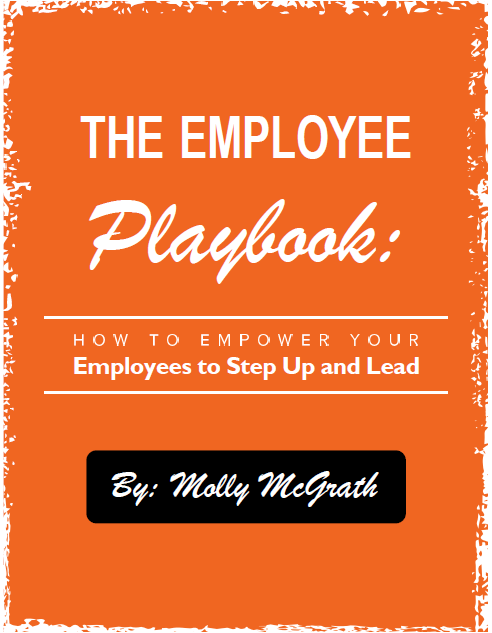
Nearly every week I talk to law firm leaders or employees who are ready to explode. They’ve reached the end of their rope with a boss, a colleague, or an employee, and most of the time their plan to deal with the situation is to initiate a “come to Jesus meeting” as soon as possible.
I understand the thinking. On the surface, a come to Jesus meeting seems like a good move. (I initiated my fair share by pacing outside my boss’s door or catching him in the hallway after his trip to the bathroom.)
But after some truly cringe-worthy meetings and a boatload of aggravation, I came to the not-surprising conclusion that I’m not Jesus and I don’t perform miracles, so come to Jesus meetings don’t work.
I remember speaking with a client who was angry about how many days of work an employee had missed. He held a come to Jesus meeting with her and let her know she would be fired if she didn’t change her ways.
Come to Jesus meetings are appealing because we often see it as our chance to “drop the hammer,” voice what we have a problem with, and make sure the other party knows just how much we expect things to change (or else).
The problem with this approach is that the fear-mongering and shock value you hurl at the other person, while it often works for about a month (maybe two), it doesn’t actually solve anything, because it takes aim at problems instead of implementing solutions.
When I dove deeper into the conversation with my client who was upset about his employee’s poor attendance, he admitted that he didn’t think she was pretending to be sick. She was young and smart, and had been quickly promoted from reception to Client Services Coordinator.
She was also a full-time college student and running a small online business on the side. My client suspected she was completely overwhelmed by the position and agreed she had too much on her plate, so she was burning herself out, getting sick, and missing work.
At first, his come to Jesus meeting with her seemed to be working, but not because the problems contributing to her getting sick and missing work had been solved.
Instead, she was probably afraid of being fired. Plus, she was a good employee with integrity, and was likely disappointed in herself for letting her boss down.
But no one can operate on fear forever, and most behavior changes instigated by a come to Jesus meeting fade away after 60 days (on average), because again, throwing fear at a problem doesn’t actually solve anything.
Sure, my client’s employee rallied and acted a certain way for a brief period of time, but she didn’t understand how to solve the problem at its root. She didn’t know how to stop burning herself out from spinning so many plates. And she didn’t know how to stop making herself sick–literally–with overwhelm.
For employees who give their boss an ultimatum in a come to Jesus meeting, you haven’t solved anything, either. Your boss may temporarily change their behavior to try and please you, but again, those behavior changes will become unsustainable in about 60 days, and you’ll be back where you started.
Anytime you feel a come to Jesus meeting is necessary, it almost always comes back to a need for training and development of key soft skills.
In my client’s situation, his employee simply needed help handling the many tasks on her plate. She also needed help organizing and prioritizing her to-do list.
As an aside, it’s hard for bosses to resist the urge to complete their employees’ tasks, so if that sounds like you, please understand how important it is for your employees to learn skills for themselves.
While it may seem easier and faster to just do it yourself, you’ll never get or keep qualified help you can trust if you don’t “teach them to fish,” as it were.
As for navigating a problem with an employee, colleague, or boss, skip the typical fear and threats often employed in come to Jesus meetings.
Instead, look beyond the problem at what’s actually causing it, and then explore solutions to eliminate the problem at its root.
Approaching problems and concerns this way leads to a more productive work environment, because you’re not bullying someone into a temporary behavior change that inevitably dwindles. Instead, you’re solving the root cause so lasting improvement can happen.
If you’re ready to have your team to become self-governing leaders (that don’t require “management”) give us your team and let us take over your training and leadership in The Law Firm Admin Bootcamp. Get started TODAY: www.lawfirmadminbootcamp.com

